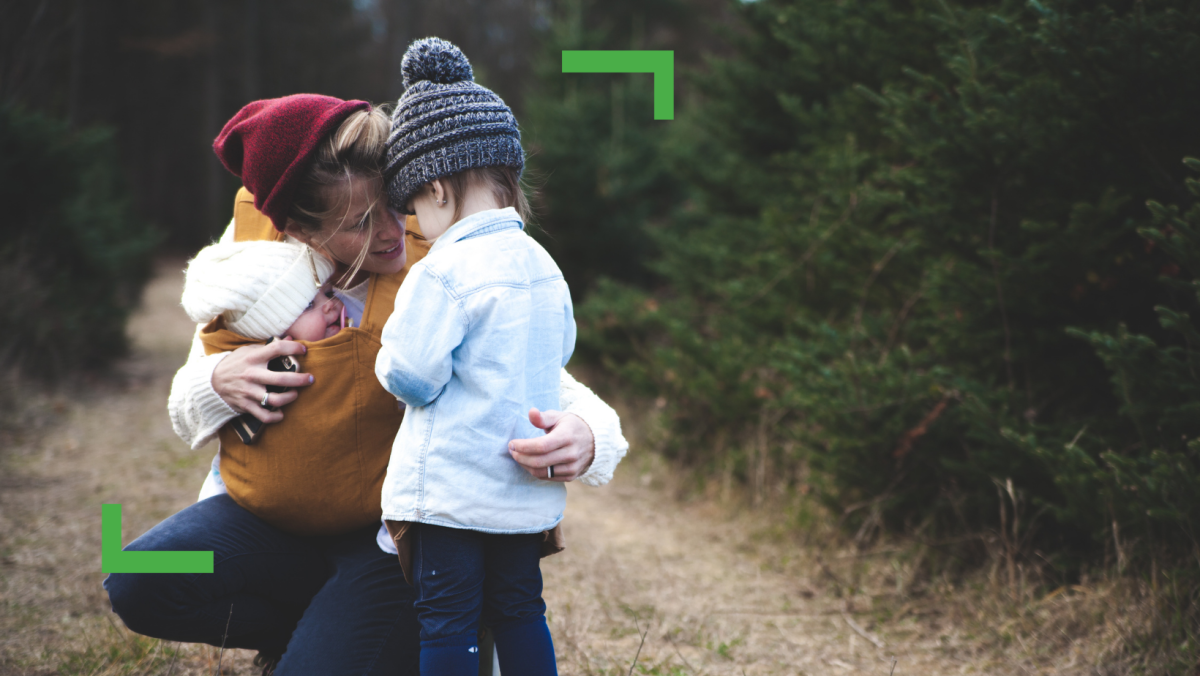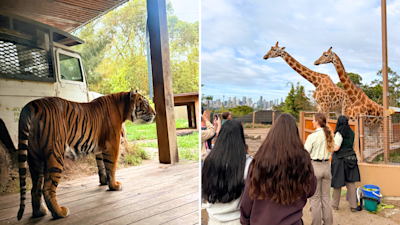Improving the quality and experience of children, young people and families who come into contact with the child protection system can dramatically improve outcomes and has life-changing impacts for future generations.

Image: Woman with two young children outside.
Identifying the importance of achieving impact through collaborative thinking and the open sharing of resources, Life Without Barriers is partnering with Cornell University to enable more organisations supporting children in Australia to access CARE - an evidence-based, best practice model for working with children and young people in out-of-home care to ensure they get the best outcomes.
Life Without Barriers provides support to more than 2000 children and young people in foster, kinship and residential care across Australia and is experienced at identifying the systemic issues complex trauma can have for children as they grow and develop.
CARE is a model of practice used by staff in all aspects of how they work with children and carers, to create the conditions for children and young people to thrive. It provides carers and staff working in child protection with the knowledge and skill to understand trauma and know how to respond to the impact of trauma on a child’s development. Key to the approach is creating safe and supportive environments, inclusive of family, community and culture.
CARE originated in residential care but is now applied more broadly across services that support children and families, including foster and kinship care.
Life Without Barriers Chief Executive Claire Robbs said, “We have a responsibility to collaborate and bring the best models, ideas and practices to inform the services we provide for children who come into care. We can only achieve that by partnering, sharing resources and creating an eagerness for positive impact in the area of child protection.”
“We want the children we work with to know they are loved, cared for, in stable homes and surrounded by people who understand their journey and are invested in their lives."
"CARE helps us achieve a depth of understanding with our staff and carers in relation to trauma and how it manifests. We want every agency to have access to these resources because we know first-hand how invaluable the CARE model has been for the way we provide support for children in care.”
Martha Holden, Project Director of the Residential Child Care Project at the Bronfenbrenner Center for Translational Research at Cornell University said, “Cornell University has been working in partnership with Life Without Barriers for the past five years to implement the CARE model nationally across their child, youth and family services.
“Life Without Barriers, having gained this experience as implementers, has a vision for the future and an eagerness to contribute to the field through research, innovative programs, and partnering with other organisations.”
Life Without Barriers is extending the invitation to work with other Australian out-of-home care providers who are interested in adopting the CARE model.


